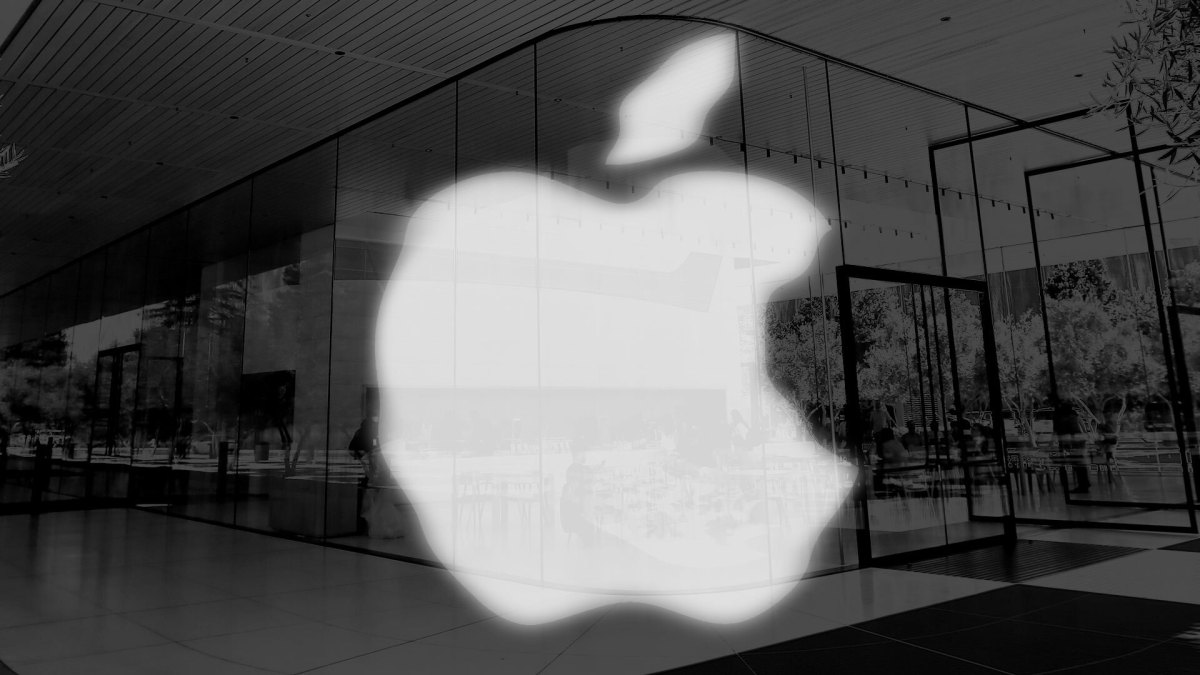The U.S. Department of Justice filed a lawsuit against Apple on Thursday, alleging monopolistic practices. The complaint claims that Apple manipulates its privacy and security measures to benefit the company financially.
One striking quote from the DOJ refers to Apple’s privacy and security justification as an “elastic shield”:
“Apple deploys privacy and security justifications as an elastic shield that can stretch or contract to serve Apple’s financial and business interests,” the complaint states.
“Apple wraps itself in a cloak of privacy, security, and consumer preferences to justify its anticompetitive conduct. Indeed, it spends billions on marketing and branding to promote the self-serving premise that only Apple can safeguard consumers’ privacy and security interests.”
Furthermore, the DOJ believes Apple is bending privacy to the detriment of customer experience in various instances:
App Store and app distribution
The complaint highlights that Apple prohibits the creation and use of alternative app stores, with exceptions for governments and enterprise customers to install secure app stores. The DOJ also mentions that developers cannot offer a separate app store for children, although some changes have occurred in the EU region due to the Digital Markets Act (DMA).
The DOJ argues that Apple allows users to sideload apps easily on Mac and distribute them with fewer restrictions. There is also criticism regarding Apple’s restriction on “super apps,” which could provide a better alternative to accessing services through the App Store.
Messaging
Apple is accused of limiting third-party apps from receiving carrier-based messages (SMS) and marking SMS as “private” in its API documentation to prevent other developers from accessing them. The DOJ also claims that Apple compromises iPhone security by not implementing encryption protection for messages sent to Android users.
Data sharing practices
The DOJ alleges that Apple uses vast amounts of personal data for app distribution on its App Store and for advertising purposes. Additionally, Apple’s deal with Google to make it the default search engine for Safari is criticized despite the availability of better privacy-focused alternatives.
The lawsuit also points out that users have to share information with Apple to use a digital wallet rather than only sharing it with a bank or medical provider.
In essence, the DOJ contends that Apple’s privacy and security measures are pretextual, and the company chooses “alternative courses” to protect its monopoly.


